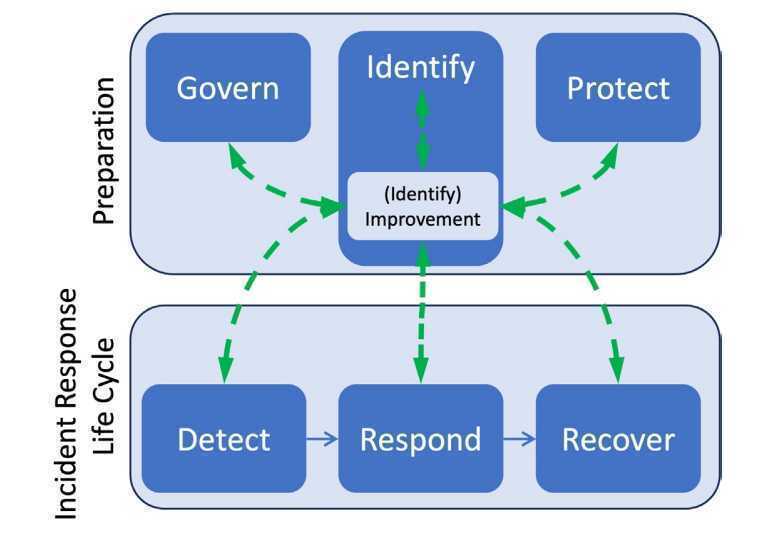Start With the Basics
Although most people have been in some kind of incident in their lives, most have never had the pleasure/terror of being in a cybersecurity incident. This means they often do not know what their role is supposed to be or know how people may respond under pressure, especially when the organisation is under attack.
Through this training, your team will learn the important concepts to be mindful of during an incident namely: succinct communication, time is of the essence, essential facts, pressure, filtering and focus, splitting work amongst teams, reporting to management, recording and logging all actions, debrief after each incident, and regular practice.


 NIST SP 800-61 Rev. 3: Incident Response Life Cycle
NIST SP 800-61 Rev. 3: Incident Response Life Cycle